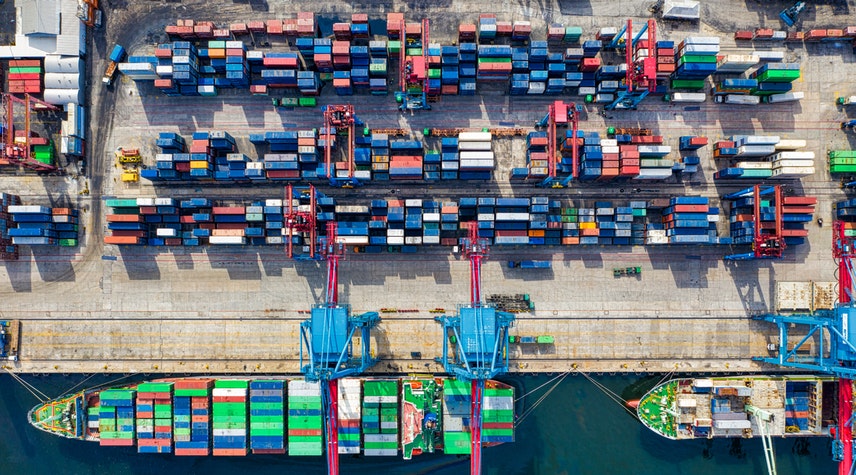LONDON – Spot ocean container rates increased 9% this week to $1,661 per 40-foot container, putting them once again at levels much higher (+17%) than they were pre-pandemic.
According to Drewry’s World Container Index tracker, rates from Shanghai to New York rose 8% to $3,074, while rates from Shanghai to Los Angeles climbed 6% to $2,100. Rates from Shanghai to Europe saw the biggest hikes, rising 16% to Rotterdam.
Much of the rise is being attributed to increased conflict in the Red Sea caused by the Israel-Hamas war. Due to recent attacks on commercial ships by Yemen’s Houthi rebels, six of the 10 largest ocean carriers are now avoiding the Red Sea passage into and out of the Suez Canal.
According to FreightWaves, carriers are opting to circumvent Africa instead using the Cape of Good Hope. This route adds up to 14 extra days to a ship’s journey.
Shipping industry analyst Xeneta says these diversions will hurt the industry’s capacity.
“The region is essentially in a war situation because it is too dangerous for many vessels to sail through the Red Sea and therefore also the Suez Canal, which is the major artery for world trade,” said Peter Sand, Xeneta chief analyst. “If we look at container shipping alone, Xeneta estimates the diversion via Africa will also require additional shipping capacity in the region of one million TEU. There is capacity in the market, but it will come at a cost, and we could see ocean freight shipping rates increase by 100%.
“We may also see this impact current negotiations between shippers and ocean freight carriers for long-term contracts lasting the duration of 2024. Shippers may feel a level of concern that long term rates could follow the spot market and increase dramatically as a result of this crisis,” he continued.
Mario Veralod, CEO of MTM Logix, told Supply Chain Brain that the entire industry will be affected, “regardless of the contractual or spot rates of individual carriers.”
Two different analysts, Pareto’s Eirik Haavaldsen and Clarksons’ Frode Mørkedal, told FreightWaves that the Cape detours are coming at a good time for container shipping lines, as poor demand has pushed rates low.
“Market conditions are extremely weak, and as such (there is a) great incentive for the larger liner companies to boost distance,” said Haavaldsen.
The attacks are continuing, with two more occurring on Monday. Also on Monday, a U.S.-led multinational military effort to defend commercial shipping from Houthi attacks was set up.

Thanks for sharing. I read many of your blog posts, cool, your blog is very good.